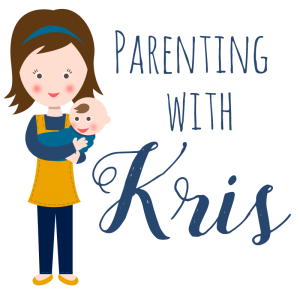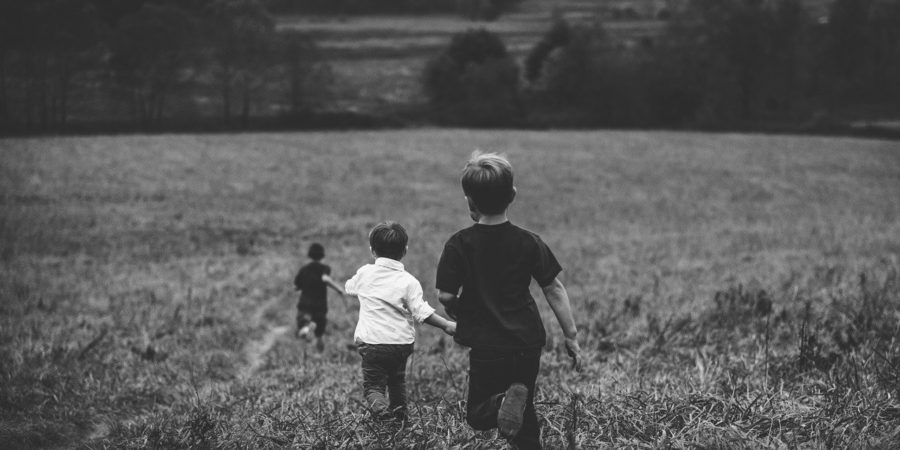Guest article by Shelley Seale
It’s often said that being a parent is the hardest job you’ll ever have — made even more challenging in today’s fast-paced world, where so many things compete with both your and your children’s attention. There seems to be endless methods and styles of parenting, with each new expert refuting previous advice. Add to this societal expectations, which are often at odds with traditional cultural or familial ones, and raising healthy, happy children can seem a nearly impossible task.
Using mindfulness practices can greatly help reduce this internal chaos, allowing us to focus and pass on emotional intelligence to our children, which is defined as the ability to identify our own emotions as well as others, to recognize different feelings and manage them to apply problem-solving and adapt our behaviors appropriately.
When children are able and encouraged to do this for themselves, it not only helps their development, learning and focus, but it provides essential tools for adulthood — and vastly improves the parenting process, reducing stress for both adult and child.
“When we learn how to recognize, name and respond (versus react) to our emotions, we are more present to our own experiences of being alive and we are more present for the people around us,” says Carrie Contey, PhD Human Development Specialist. “It’s quite possibly the most important skill of healthy humanhood.”
So what are some effective tactics that we can implement, as parents, to help develop our children’s emotional intelligence? Here are five key practices:
Understand Yourself
We are all highly emotional beings in our first seven years, busy hardwiring the emotional “language” that those around us exhibit. As a child, how were you responded to when you expressed certain emotions? As an adult, how do you care for yourself when you’re feeling angry, scared, sad or joyful? Contey advises us to consider our own backgrounds, experiences and responses first.
Respond Versus React
When we react, it’s an unintentional, automatic experience. When we respond, it’s an intentional, aware and present experience.
“The challenge is to take care of ourselves in ways that allow us to be more able to respond to situations instead of just reacting,” says Contey, “especially when we are interacting with those who may be less regulated.”
Slow Down
Children often act up or refuse to do what’s requested of them when they feel rushed and pressured. A stressful morning can set the tone for the entire day. Does it really matter if their clothes are mismatched, or there’s a milk stain from breakfast? Allowing children to do age-appropriate tasks for themselves — without having to be perfect — frees up a few minutes of time for parents and gives the children a sense of control. When it comes to acting up and discipline, being mindful reminds us to pause, take a deep breath, and focus on what the child is trying to tell us with their behavior.
Consider Age-Appropriate Behavior
While a toddler having a meltdown might be frustrating, Contey says that is actually emotional intelligence for that age and phase of development. “As a human develops, they will gain more skill and more ease with connecting with and steadying themselves emotionally. But in the beginning of life (especially the first seven years) they need help managing and understanding their emotional experiences. Over time, humans learn through modeling from emotionally intelligent adults, to recognize, acknowledge and be with their emotions without needing to react or lash out behaviorally.”
Develop a Plan
With all this in mind, decide how you want to respond to your child — both during peaceful and difficult moments. “The key to helping children develop emotional intelligence is having at least one parent or caregiver who is doing their best to respond to the growing person in emotionally intelligent ways,” Contey says.
Because many parents grew up in a time when this information didn’t exist, we are often still learning and growing in emotional intelligence ourselves. Explore how you want to respond yourself, when you have emotions. Practice what you want your little ones to learn, by putting it into place for yourself first.
This is where a life coach can be particularly effective, to help them understand their own inner beings. Similar to learning a new language, it takes time, support, focus and practice. A good parenting coach is fluent in the language and can act as a guide.
Contey reminds us that there is no inherent good or bad, right or wrong, in our feelings. “Emotions are just internal weather,” she says. “The storm rolls in, the atmosphere does what it needs to do to re-balance the system and the storm rolls out. This is similar to how our own emotional regulator system works.”
Source: Carrie Contey, [email protected], http://carriecontey.com/
Shelley Seale is a freelance journalist and author in Austin who has written for National Geographic, USA Today, The Guardian and Texas Monthly, among others. She loves yoga, indie movies, wine, and books, though not necessarily in that order. Follow her at Trading Places.

